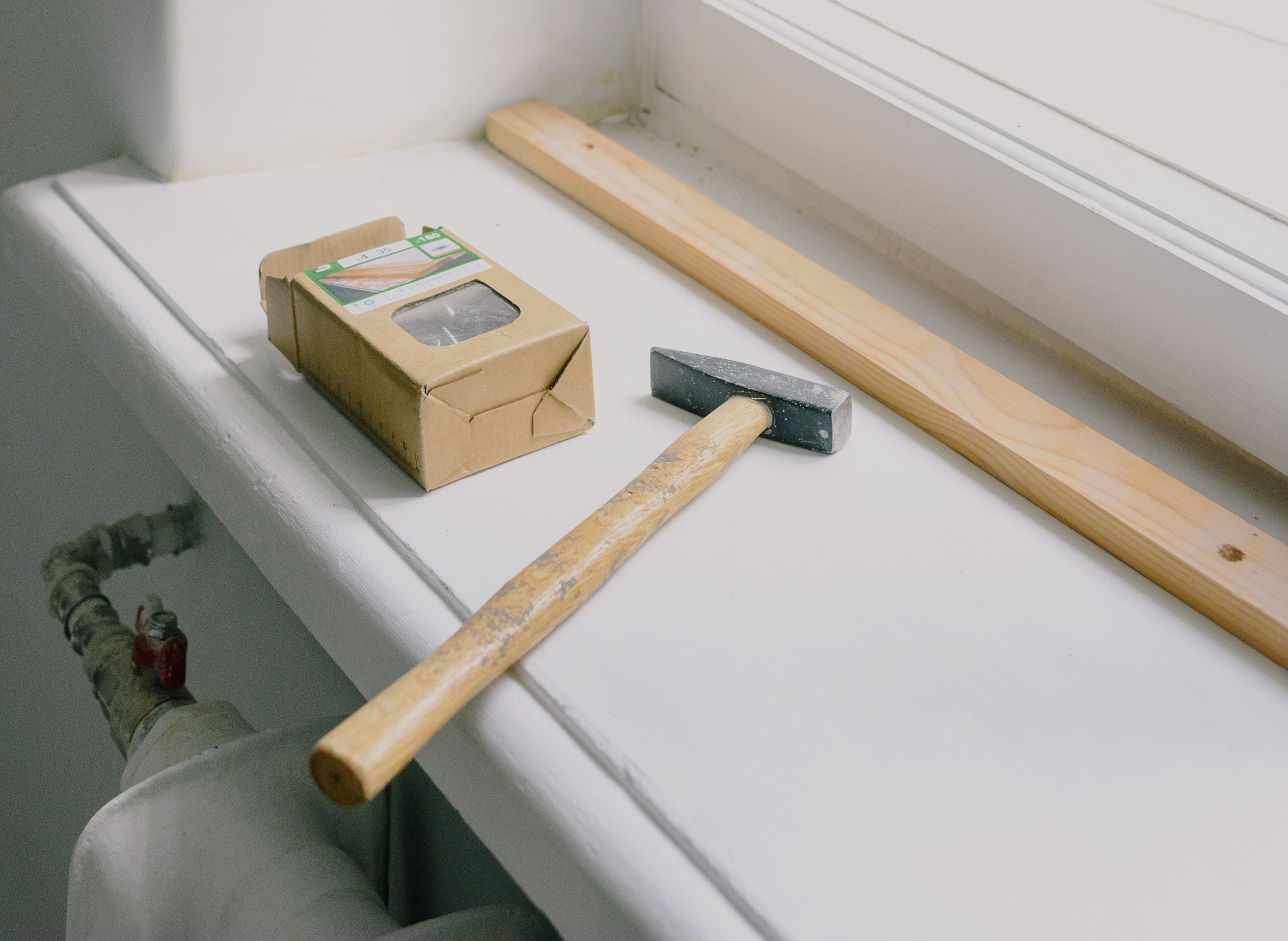Why Britain’s hearts have not warmed to the Boiler Upgrade Scheme

Categories
Nick Coad, Director of Innovation, Wolseley Group
It was supposed to kick-start a sustainable home heating bonanza and get many of us thinking about swapping out our gas boilers for a heat pump or biomass system.
But rather than inspiring and assisting homeowners across the country, the Boiler Upgrade Scheme (BUS) has not received the warm reception that was hoped for. Fewer people applied for the scheme this July than last.
Heat pumps, meanwhile, have become a political football. They are debated almost daily by national newspapers and broadcasters. People remain at best unaware and at worst totally unconvinced of their benefits. The high hopes seem to have faded.
Last week, the Government announced a consultation on a number of proposed changes to the BUS, covering firstly varied heat pump grants to improve access to low-carbon heating.
Secondly, it covers whether to retain the current requirements to have a valid Energy Performance Contract (EPC) with no outstanding recommendations for insulation.
But at a time when 60% of people cite a lack of knowledge on sustainable alternatives to heat their home, the issue is with demand, not supply. This is not a lack of demand for sustainable home heating generally - almost half of the country wants their home heating source to be sustainable. The issue here is that there is relatively low knowledge amongst homeowners about the depth of technologies available to them and which one would be the right fit for their property.
If you’re trying to make a decision on heating your home for the future, the Government is banging the drum for heat pumps, but there are concerning stories about high installation costs and questions over the compatibility of your home with the technology. What are your options? A focus on one technology has come at the expense of considering alternatives that may be more accessible and affordable to the average consumer.
Hybrid heat pumps, for example, are compatible for installation with existing gas boilers. Hybrids can be cheaper and easier to install which makes them a more attractive option, especially in situations in which homeowners may also need to invest in improving insulation.
In the Netherlands, where more heat pumps are now installed in existing homes than new homes, the heat pump market has grown 80% in the last year, and half of these are hybrid heat pumps. Giving homeowners in the Netherlands options has facilitated a higher demand - yet hybrids are not covered under the BUS.
What’s the solution? It is clear that the UK has not yet warmed to heat pumps on the scale the Government envisages, and homeowners are confused both by the scarcity of clear detail from government and ongoing media headlines. We are also in a cost-of-living crisis that means that homeowners are scrutinising every expense: energy costs, initial purchase, installation, and the life cycle of the system.
The bottom line is that we need more information on the options, an acknowledgement that no single technology will be the solution, better listening to homeowners and installers, and clear alignment of public funds and policy in the areas where it is needed most. To achieve this, government and the heating sector must work closely together, for the benefit of the trade professionals who install heating systems and the homeowners who need them.
There is no one-size-fits-all approach, but there also must be no stone left unturned in the drive to decarbonise Britain’s homes. Moving towards sustainable home heating is a complex challenge, but it can be eased by a policy landscape that acknowledges and supports the full range of technologies.
